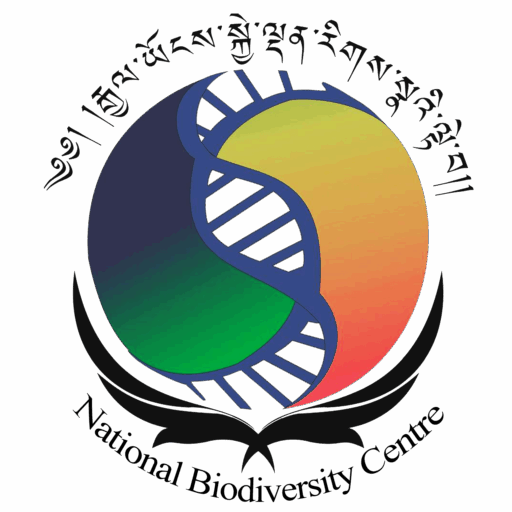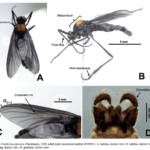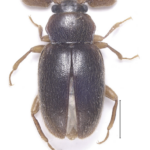
Background
Bhutan became a party to and ratified the UN Convention on Biological Diversity (CBD) in 1995 by the 73rd session of the National Assembly, recognizing the importance of biodiversity to humankind and its own goal of environmentally sustainable development and committed leadership in environmental conservation. The CBD is one of the most comprehensive international agreements, signed by 193 countries committed to the conservation and sustainable utilization of biological resources and the fair and equitable sharing of benefits arising from access to biological resources. Bhutan also signed the Nagoya Protocol on Access and Benefit-Sharing in 2011 to enable meaningful ABS collaborations that will benefit the country and the people at large through regulated access to biological resources in the country. The National Biodiversity Centre was designated as the National Focal Point for Nagoya Protocol on access to genetic resources and the fair and equitable sharing of benefits arising from their utilization at the 44th Commission meeting of the National Environment Commission.
With the ratification of the Convention, Bhutan developed its first Biodiversity Action Plan in 1997 as a guiding policy document for the conservation and sustainable utilization of biological resources in the country. To date, Bhutan has developed and implemented three Biodiversity Action Plans- the first in 1998, the second in 2002, and the third in 2009 – a guiding policy document for the conservation and sustainable utilization of biological resources of the country. In 2014, Bhutan revised and adopted the National Biodiversity Strategies and Action Plans (NBSAP) in line with global /Aichi Biodiversity targets 2020 and national priorities. The Biodiversity Action Plans are “living documents” that guide conservation and sustainable utilization of biodiversity in the country and are formulated every few years to evolve with the changing needs of the population and the country vis-à-vis the environment. During the course of developing the first Biodiversity Action Plan, it was recognized that responsibilities for biodiversity were divided among several units within the Ministry of Agriculture, based partly on the history of biodiversity management and partly on the distinction made between domestic and wild biodiversity, often leading to problems in coordinating, goal setting, planning, and cooperation in comprehensive biodiversity management. As a result, the Action Plan recommended the institutionalization and establishment of an integrated biodiversity conservation program. This led to establishment of the National Biodiversity Program (NBP) in 1998 headed by a Program Manager, and with two technical programs, namely the National Herbarium and the Agro-biodiversity Program.
In 1999, the Royal Botanical Garden was established under the NBP as an ex-situ plant conservation area to commemorate the Silver Jubilee Celebration of the 4th King, His Majesty Jigme Singye Wangchuck. Subsequently in 2001, the National Biodiversity Program was upgraded to the National Biodiversity Centre as a non-departmental agency headed by a Program Director in order to strengthen conservation initiatives and coordinate biodiversity conservation and sustainable utilization programs in the country.
Mission
Biological resources effectively conserved, sustainably used and benefits equitably shared for the enhancement of livelihood, food security, and environmental well-being of the country.
Vision
Effective conservation, sustainable utilization, and equitable sharing of benefits arising from access and use of biological resources.
Mandates of NBC
- To coordinate and implement biodiversity conservation and sustainable use programs in the country.
- To coordinate and implement obligations under regional and international conventions, treaties, and protocols related to biodiversity.
- To develop policies and legal frameworks for conservation and sustainable use of biological resources.
- To serve as the national repository for germplasm and botanical collections.
- To serve as the national focal agency to regulate access to biological resources of the country, ensuring equitable sharing of the benefits arising from access.
- To serve as the national focal agency for bioprospecting and documentation of traditional knowledge associated with biological resources.
- To serve as the national clearinghouse for biodiversity information.
- To promote regional and international institutional linkages and collaboration for technology transfer, technical capacity enhancement, and collaborative research in the field of biodiversity.
Goal
To become a premier institute on biodiversity in the country resulting in the effective management of biodiversity and maximizing the benefits from it as well as contributing to international efforts toward conserving biodiversity.






 Views Last 7 days : 803
Views Last 7 days : 803 Views Last 30 days : 4241
Views Last 30 days : 4241 Total views : 24613
Total views : 24613